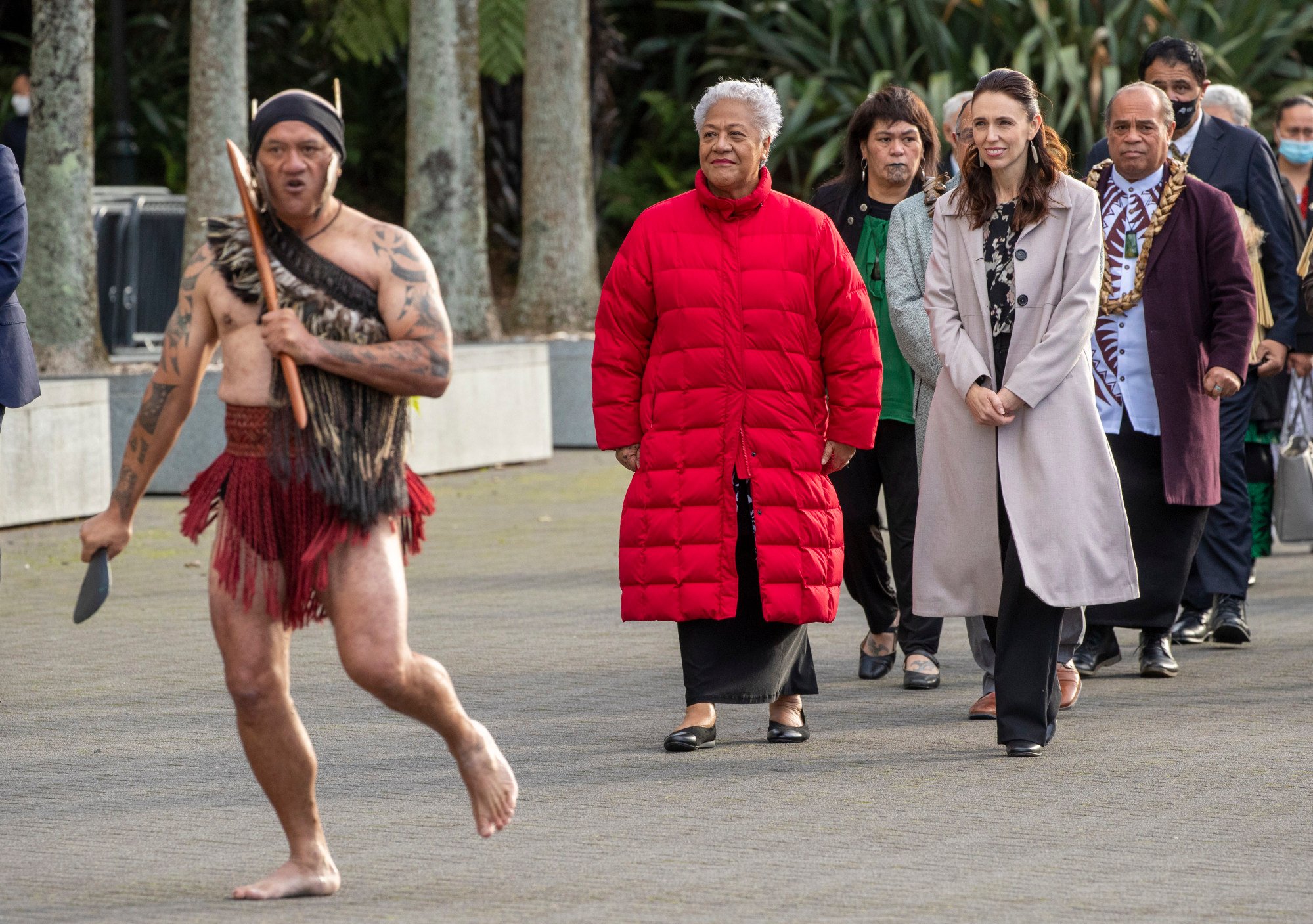
Why China should brace itself for a Pacific rebuff
- Pacific island leaders have repeatedly expressed their reservations about being drawn into the power struggle between Beijing and Washington
- With the US navy already having a foothold in the region, China needs much more than one base to gain military relevance in the South Pacific
Pacific island nations continue to send negative signals or buy time on China’s bid to strike a security pact with them. This suggests that a strategic debacle may be in the offing for China, which risks losing the opportunity to hit the United States in what seems to be its soft underbelly along the Pacific Rim.
Having bases or extended rights of stopover and replenishment in the South Pacific would be a great strategic coup for China. If it were to succeed in establishing some sort of military presence in the region, it might attack US frontline troops and hardware along the first island chain from behind.

Furthermore, the lines of communication and resupply routes from US territory (Hawaii and San Diego) to Australia, Guam and possibly the Philippines and Taiwan, would become a possible target of Chinese advanced units in the South Pacific.
In that case, a US strategy to close China within the China seas, based on the use of small, mobile forces distributed around island chains, would be seriously called into question.
Aside from the Guam military complex, in the South Pacific the US military has facilities on the Republic of the Marshall Islands and Wake Island, which is a US territory. With the cooperation of Australia, Washington also plans to refurbish a naval base built during World War II on Papua New Guinea’s Manus Island. A new base in the Federated States of Micronesia is in the offing too, as well as a US$197 million tactical radar system in Palau.

The US has another operational advantage in the South Pacific compared to China. Under the Compacts of Free Association (COFA) treaties with three Pacific island nations, US forces can freely conduct activities in the waters and airspace off these islands, and can also prevent military operations from other countries.
Faced with China’s geopolitical assertiveness in the region, the US government has now rushed to renew the COFA agreements with the Federated States of Micronesia and Republic of the Marshall Islands, which will expire in 2023, and with Palau, which come to an end in 2024.
South Pacific leaders actually do not want to be dragged into a geopolitical confrontation between great powers. Along with their interest in tackling climate change and the rising of sea levels, economic recovery from the Covid-19 pandemic is their priority.

On June 16, Pacific Islands Forum secretary general Henry Puna noted that growing geostrategic competition “has catapulted the region to the centre of global attention.” In his view, the South Pacific has never had as much leverage and influence as it currently does.
Puna believes Pacific island nations should “maximise” their leverage. To reach this goal, they should take a page from the survival playbook of Southeast Asian countries, which are able to maintain a flexible diplomacy with respect to the US-China power struggle, so as to have some benefits.
Talking about his country at the Shangri-La Dialogue, Indonesia’s Minister of Defence Prabowo Subianto summarised well the strategic orientation of China’s neighbours in Southeast Asia: “We respect all the big powers and all the powers that need to have their space, their rights respected. We support a rules-based international order because we are the most affected by any order that just relies on big powers.”
Emanuele Scimia is an independent journalist and foreign affairs analyst

